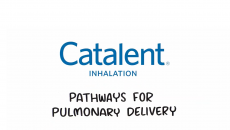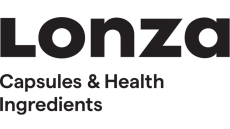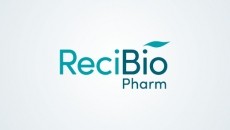Novartis plans oral growth hormone
with Swiss drug major Novartis to develop an oral formulation of
recombinant growth hormone, currently administered by injection.
The decision follows the successful completion of preclinical feasibility studies for rhGH with Emisphere's eligen technology; the latter firm has identified delivery agents that can deliver therapeutically-sufficient levels of rhGH to the bloodstream when administered orally.
eligen makes use of the body's natural passive transcellular transport process, allowing macromolecules to cross membranes and yet remain therapeutically active.
Studies have shown that Emisphere's technology does not affect the intestinal membrane in this process. Thus, oral delivery using the eligen system - which is based o carrier molecules that dissociate from the drug - occurs without chemical modification of the molecule or damage to the biological membrane.
Emisphere has designed and synthesised a library of more than 1,800 delivery agents and evaluated many of these chemical entities for their ability to facilitate the delivery of therapeutic macromolecules and other compounds
Under the terms of the agreement, Novartis will pay Emisphere up to $34 million (€28m) during the course of product development and a royalty increasing to double-digit rates based on sales. Including the initial payment, the US firm could receive up to $6 million over the course of the next year.
Emisphere will work with Novartis to initiate clinical trials of a convenient, oral human growth hormone product using its Eligen technology; the Swiss firm will fully fund the program including all clinical studies.
This collaboration is the second between the two firms, which entered into a license agreement in 2000 for the development of an eligen formulation of oral salmon calcitonin for the treatment of osteoporosis.
In the US, 10 injectible recombinant human growth hormone lines approved by the Food and Drug Administration in the past 20 years, and eight are currently marketed. Those drugs produce $500 million in annual sales for six companies.
As patents on them expire, other companies want to enter the lucrative market with generic versions, notably Novartis' subsidiary Sandoz, although the regulatory route for these 'biogenerics' is not clear at present. The latest agreement could lead to a premoum version - with premium pricing - should generics reach the market.













